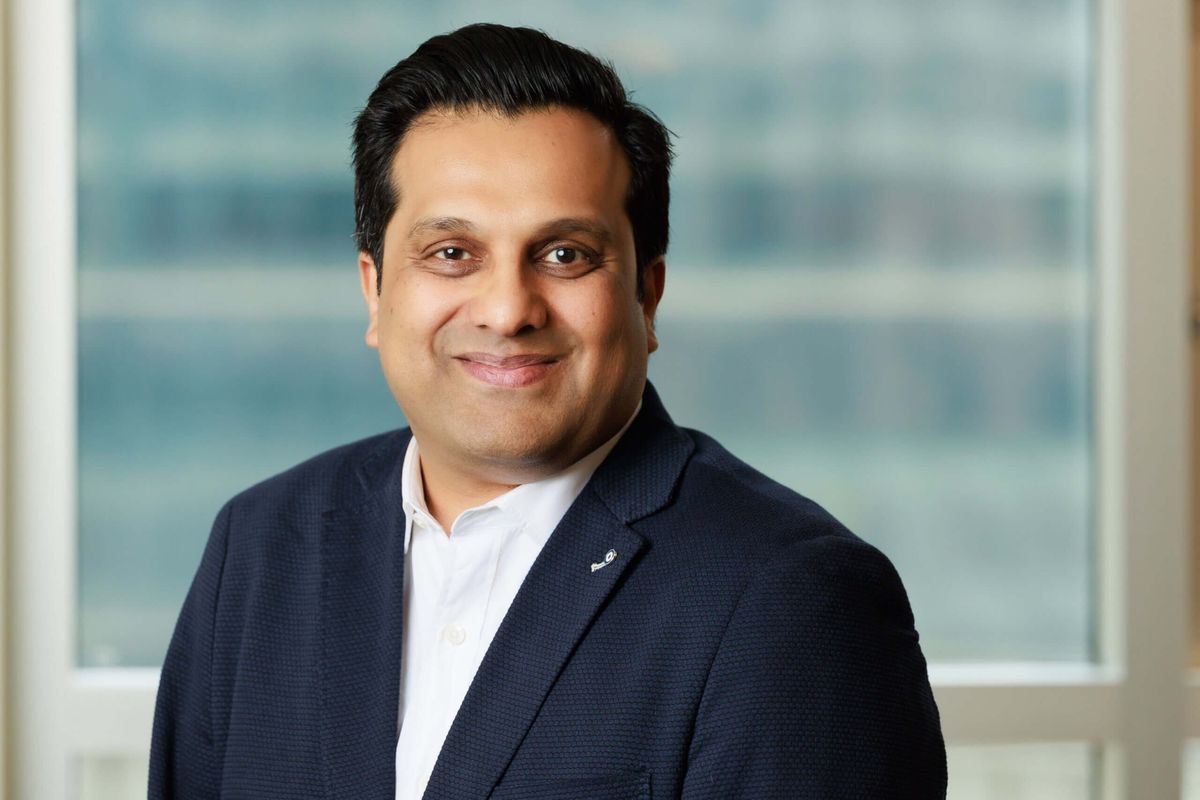TMC Innovation hosts 12 life science startups for semiannual accelerator bootcamp
new to hou
The Texas Medical Center's Innovation Factory has brought in 12 life science startups to immerse them in the Houston innovation ecosystem, learn more about their businesses, and select its next cohort for its semiannual accelerator.
Twice a year, the TMC Innovation Factory hosts its HealthTech Accelerator Bootcamp. It a time to see if both sides of the table — TMC and the startups — are a fit for further acceleration. The 12 startups hail from three continents, represent a wide spectrum of specialties, and were widdle down from over 100 applicants.
“These startups are tackling significant challenges facing our health care ecosystem not only locally, but also globally. We are delighted to bring together solutions in the areas of maternal health, enabling care at home, nursing support and education, oncology and neurology, to name a few,” says Devin Dunn, head of the HealthTech Accelerator, in a news release.
Newly appointed entrepreneur in residence, Zaffer Syed, will help in supporting and guiding the cohort. Zaffer has experience as a medtech entrepreneur and has brought health care innovations to market.
“Participation in the Accelerator can certainly fast-track growth for early stage startups,” says Syed in the release. “I am eager to work with the caliber of companies entering bootcamp and to watch what they will achieve with the dedicated support of the TMCi team.”
The 12 companies that were invited to TMCi's bootcamp are as follows, according to TMC.
- Avia Vascular, from Salt Lake City, Utah, creates Ally, a needle-free blood collection device intended to reduce the need for venipuncture when obtaining blood samples in patients with an established peripheral IV catheter.
- Queenstown, Singapore-based Biorithm aims to reverse the poor maternal outcomes curve with its remote monitoring system to bring data-driven, accessible, and personalized care to every mother and baby.
- CranioSense, founded in Bedford, Massachusetts, unlocks the hidden parameters of brain health across the neurological care spectrum with its development of a non-invasive way of assessing and monitoring intracranial pressure.
- Milwaukee-based Debtle focuses on the patient portion of billing and uses its centralized communications and payment hub to save Revenue Cycle time, improve patient retention, and enable clients to easily resolve their overdue balances.
- EmpNia Inc., from Minneapolis, enables precision imaging and radiation therapy for all cancer patients by providing an accurate, universal, easy-to-use, and cost-effective respiratory motion management solution.
- Austin-based Highnote is a generative AI-powered mentor in the nurse’s pocket that build skills and confidence through just-in-time bits of information to make nurses feel supported and better equipped, to provide better patient care, and to improve retention rates.
- LeQuest, from Rotterdam, Netherlands, aids health care professionals’ skills and knowledge advancement through online stimulation training with its comprehensive remote education solution, resulting in reduced cost of education, increased utilization and better patient outcomes.
- Lucid Lane, founded in Los Altos, California, provides data-driven digital health solutions to empower both chronic and surgery pain patients, to prevent dependence on prescribed addictive medications and reduces persistent opioid use.
- RizLab Health Inc., a Princeton, New Jersey company, brings blood cell analysis to patients’ fingertips with its Cytotracker portable device that measures white blood cell counts with a drop of blood to minimize infections from venipuncture in cancer patients.
- Rose Health, based in Centennial, Colorado, connects occupational therapists and home remodeling service companies to households in need of accessible home modifications to enable homes to age with dignity.
- Los Angeles-based Spark Neuro offers objective and accessible AI technology for the diagnosis and monitoring of brain health conditions.
- Vitala, from Stockholm, Sweden, is a digital platform, enables health care providers to prescribe, monitor, and manage diagnoses-specific medical exercises for patients with chronic health conditions.
After the bootcamp, TMCi will decide which of the companies will move on to the six-month accelerator that's slated to start later this year. TMCi recently announced a new accelerator with Denmark, previously announced its spring cohorts.











 Apple doubles down on Houston with new production facility, training centerPhoto courtesy Apple.
Apple doubles down on Houston with new production facility, training centerPhoto courtesy Apple.





